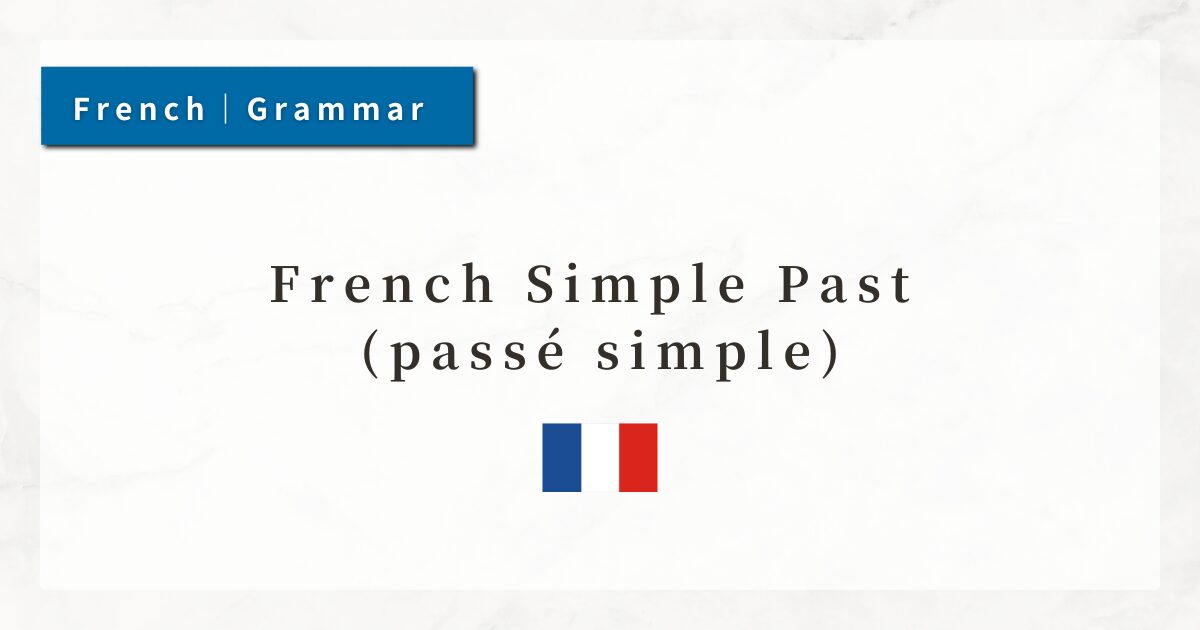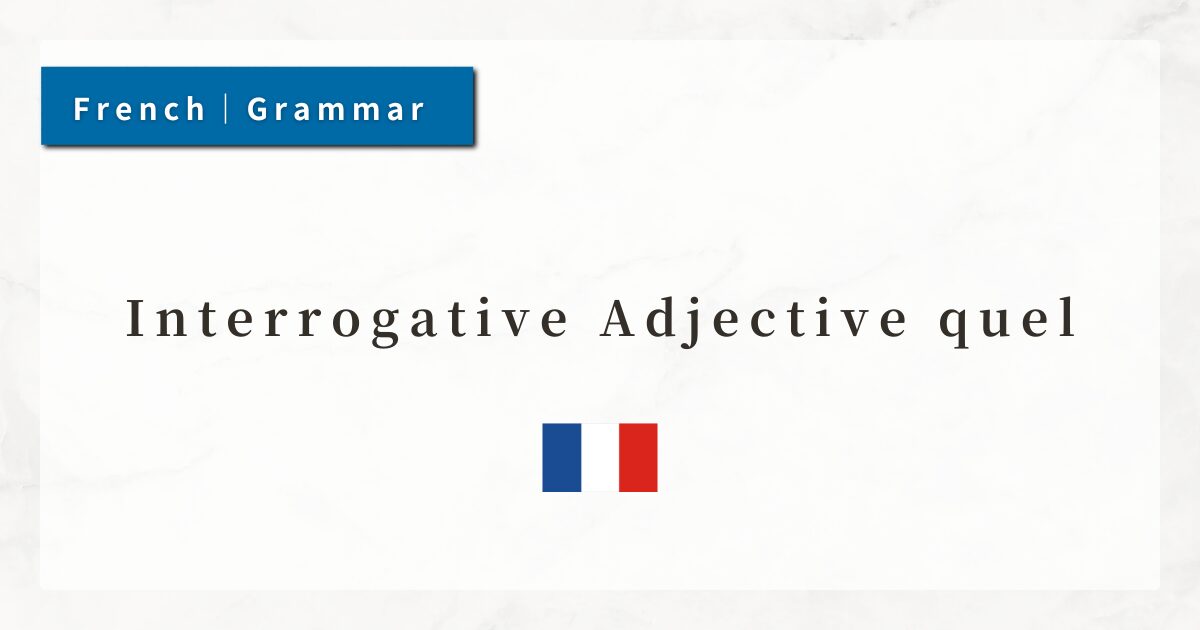#30 The Four Uses of French Pronominal Verbs | Meanings and Usage Explained

In French, there is a special group of verbs called pronominal verbs, which are formed by placing a reflexive pronoun (me, te, se, etc.) in front of the verb.
These verbs can express actions directed at oneself, actions done mutually, passive-like constructions, or idiomatic meanings that exist only in this form.
In this lesson, I will explain the four main uses of pronominal verbs—reflexive, reciprocal, passive, and idiomatic—along with examples and key features.
1. What Are Pronominal Verbs?
1-1. Basic Structure of Pronominal Verbs
Pronominal verbs are verbs that are always preceded by a reflexive pronoun (me, te, se, nous, vous, se).
The reflexive pronoun agrees with the subject and can express meanings such as “to do something to oneself,” “to do something to each other,” or “to be done.” In dictionaries, pronominal verbs appear in the form se + infinitive.
- se laver
(to wash oneself) - se réveiller
(to wake up) - s’appeler
(to be called / to call oneself)
The pronoun se changes depending on the subject:
| Subject | Reflexive Pronoun | Example (se laver) |
|---|---|---|
| je | me | je me lave (I wash myself) |
| tu | te | tu te laves (you wash yourself) |
| il / elle / on | se | il se lave (he washes himself) |
| nous | nous | nous nous lavons (we wash ourselves) |
| vous | vous | vous vous lavez (you wash yourselves) |
| ils / elles | se | ils se lavent (they wash themselves) |
The reflexive pronoun always comes before the verb and must agree in person and number with the subject.
1-2. Pronominal Verbs vs. Reflexive Verbs
It is important to distinguish between pronominal verbs and reflexive verbs.
A pronominal verb is any verb that appears with a reflexive pronoun (me, te, se, nous, vous) before it. It is a grammatical classification. A reflexive verb is one type of pronominal verb, where the subject performs the action on itself.
- Pronominal verbs
→ the overall category (se + verb). - Reflexive verbs
→ a specific use of pronominal verbs, where the action returns to the subject.
2. The Uses of Pronominal Verbs
2-1. Reflexive Use: “Doing something to oneself”
This is the most basic use of pronominal verbs. The subject and the object of the action are the same.
In English, this often corresponds to forms with “myself,” “yourself,” etc.
- Je me lave.
(I wash myself.) - Elle se réveille à 6 heures.
(She wakes up at 6 o’clock.) - Nous nous habillons rapidement.
(We get dressed quickly.)
2-2. Reciprocal Use: “Doing something to each other”
When the subject is plural, the pronominal verb can express a reciprocal action, similar to “each other” in English.
- Ils se regardent.
(They look at each other.) - Nous nous écrivons chaque semaine.
(We write to each other every week.) - Elles se parlent au téléphone.
(They talk to each other on the phone.)
2-3. Passive Use: “To be done”
In this use, pronominal verbs function as a passive construction. The agent is not expressed, and the sentence emphasizes the action or state itself.
- La porte se ferme toute seule.
(The door closes by itself.) - Le problème se résout facilement.
(The problem is solved easily.) - Ce livre se lit bien.
(This book is easy to read.)
Here, the reflexive pronoun does not mean “oneself,” but instead gives the sense of “being done.”
This is very common in everyday French and in formal registers such as news reports.
2-4. Idiomatic Use: Verbs that Always Require se
Some verbs exist only in the pronominal form (se + verb). These verbs have idiomatic meanings, and their non-pronominal form either does not exist or is rarely used.
- se souvenir de
(to remember) - se méfier de
(to be wary of) - s’en aller
(to go away, to leave) - se moquer de
(to make fun of)
In verbs such as se souvenir or se moquer, the base verb (souvenir, moquer) is not used independently.
In dictionaries, they are always listed with se. These are not reflexive or passive in meaning; they must be learned as fixed idiomatic structures.
3. Summary
- Pronominal verbs = verbs formed with a reflexive pronoun (me, te, se, nous, vous, se).
- Reflexive use:action directed at oneself (se laver)
- Reciprocal use:plural subjects acting on each other (se rencontrer)
- Passive use:natural/passive meaning (se fermer)
- Idiomatic use:verbs that always require se (se souvenir)




